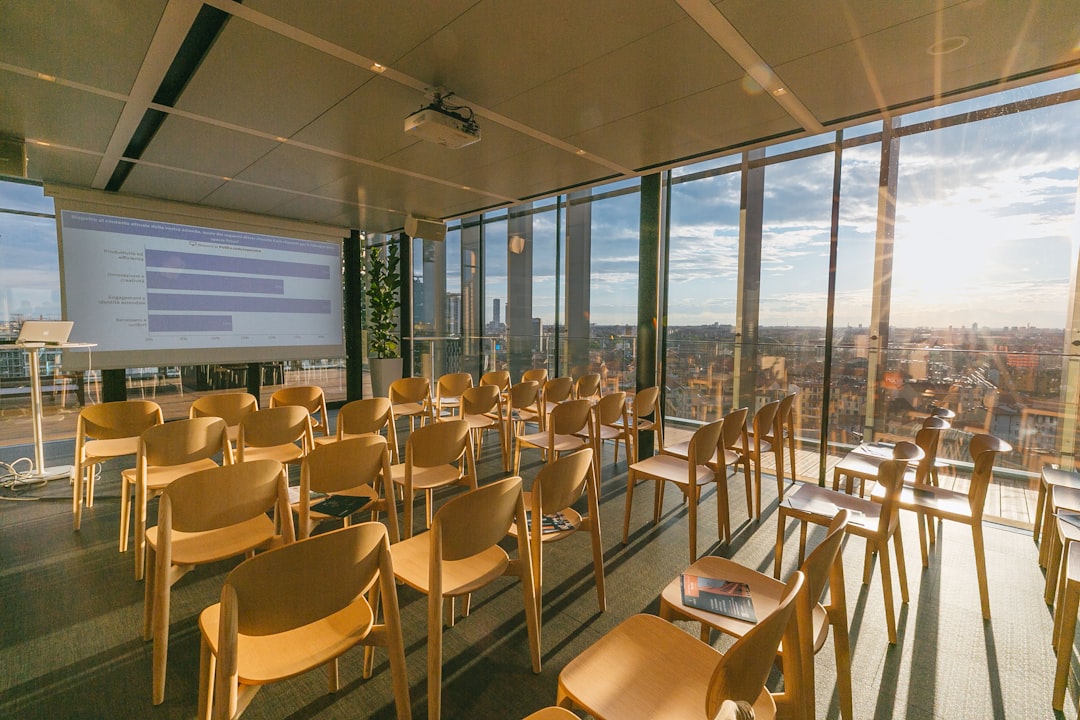Mastering the Art of Conference Planning: From Vision to Reality
Planning a conference can be akin to conducting an orchestra: each component must harmonize perfectly to create a beautiful symphony of ideas and experiences. Whether you’re a seasoned event planner or a newcomer to the scene, the intricacies of organizing a successful conference can be both exhilarating and daunting. Here’s a roadmap to navigate this multifaceted endeavor, ensuring that your event is not only memorable but also impactful.
**Setting the Stage**
The foundation of any successful conference begins with a clear vision. Define your purpose and objectives early on. Are you aiming to educate, inspire, or foster networking? Understanding the primary goal will inform all subsequent decisions, from the venue to the speakers. Additionally, identify your target audience. Knowing who you are speaking to will shape the content, marketing strategies, and overall tone of the event.
**Budgeting Wisely**
One of the most critical aspects of conference planning is budgeting. While it’s tempting to splurge on luxurious venues and top-tier speakers, a well-structured budget can lead to creativity and innovation. Consider incorporating a tiered pricing model for tickets, which can make the event accessible to a wider audience while still ensuring revenue. Additionally, look for sponsorship opportunities to offset costs. Many companies are eager to promote their brand at events relevant to their industry.
**Choosing the Right Venue**
The venue sets the tone for the entire conference. When selecting a location, consider accessibility, capacity, and amenities. A venue that offers in-house catering, AV equipment, and tech support can save you a great deal of stress. Also, think outside the box—consider unique venues like art galleries, historic buildings, or even outdoor spaces. These can provide a memorable backdrop and inspire creativity among attendees.
**Curating Compelling Content**
Content is king in the world of conferences. Identify speakers who are not only knowledgeable but also engaging. Consider inviting a mix of industry leaders, local experts, and even unconventional voices to keep the program diverse and intriguing. Don’t forget about interactive elements—workshops, panel discussions, and Q&A sessions can encourage participation and networking.
**Marketing the Event**
Once the details are in place, it’s time to spread the word. Create a robust marketing plan that utilizes social media, email newsletters, and partnerships with industry organizations. Engaging visuals and clear messaging can help capture attention. Consider using video teasers or podcasts featuring your speakers to generate excitement leading up to the event.
**Sustainability Matters**
In today’s climate-conscious world, consider implementing eco-friendly practices in your conference planning. Opt for digital materials over printed ones, encourage carpooling or provide shuttle services, and choose local vendors to minimize your carbon footprint. Not only does this approach resonate with environmentally conscious attendees, but it also enhances your brand’s reputation.
**On the Day of the Event**
The day of the conference is when all your hard work comes to fruition. Arrive early to oversee the setup and ensure everything runs smoothly. Have a clear schedule and assign roles to your team members so everyone knows their responsibilities. Keep an eye on attendee engagement and be ready to adapt if something isn’t going as planned.
**Post-Conference Follow-Up**
After the final session, don’t let the momentum fade. Gather feedback from attendees through surveys and use that information to improve future events. Sharing highlights, recordings, or takeaways from the conference can also keep the conversation going and reinforce the value of attending.
**In Conclusion**
Conference planning is not just about logistics; it’s about creating an experience that leaves a lasting impact. By approaching the process with creativity, strategic thinking, and a commitment to excellence, you can master the art of conference planning. Remember, the most successful conferences are those that resonate with their audience, foster connections, and inspire action. Now, go forth and turn your conference vision into reality!
